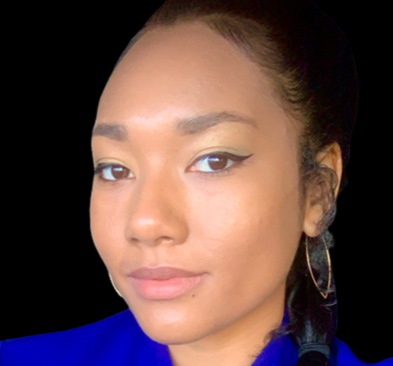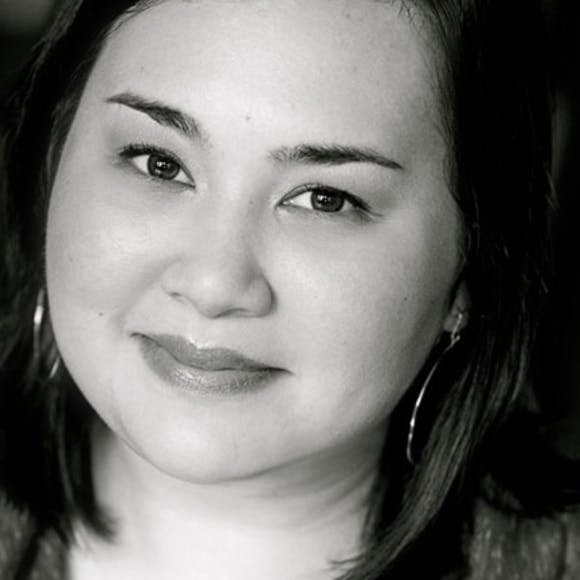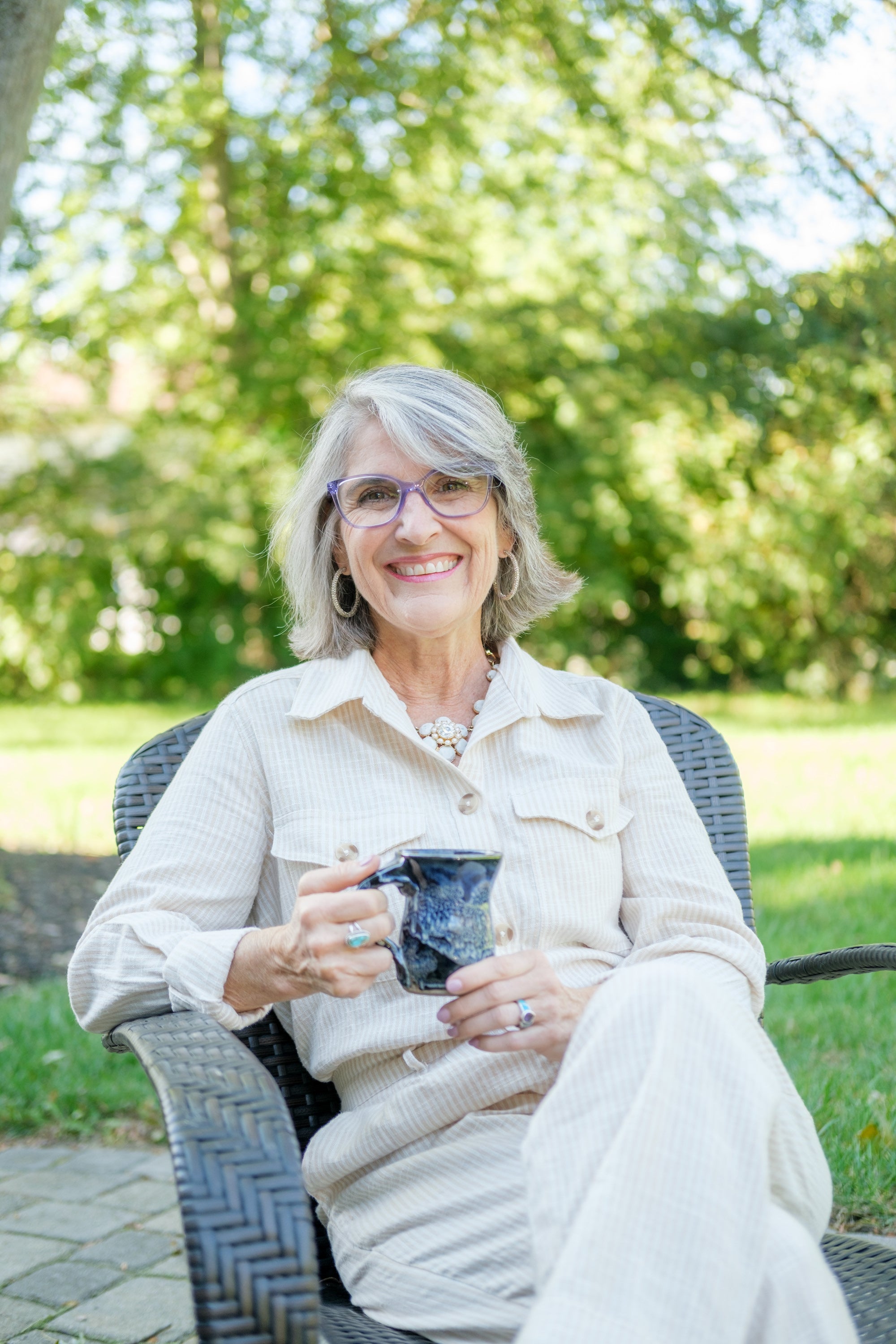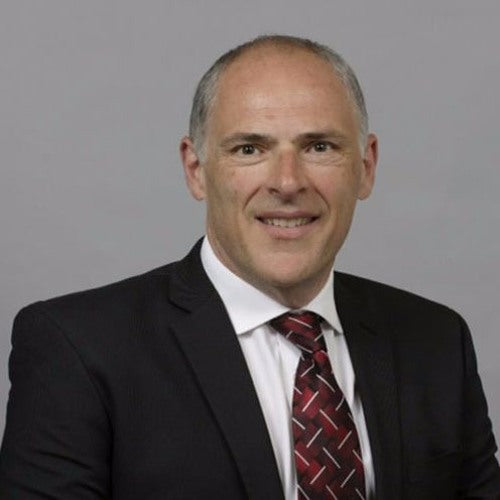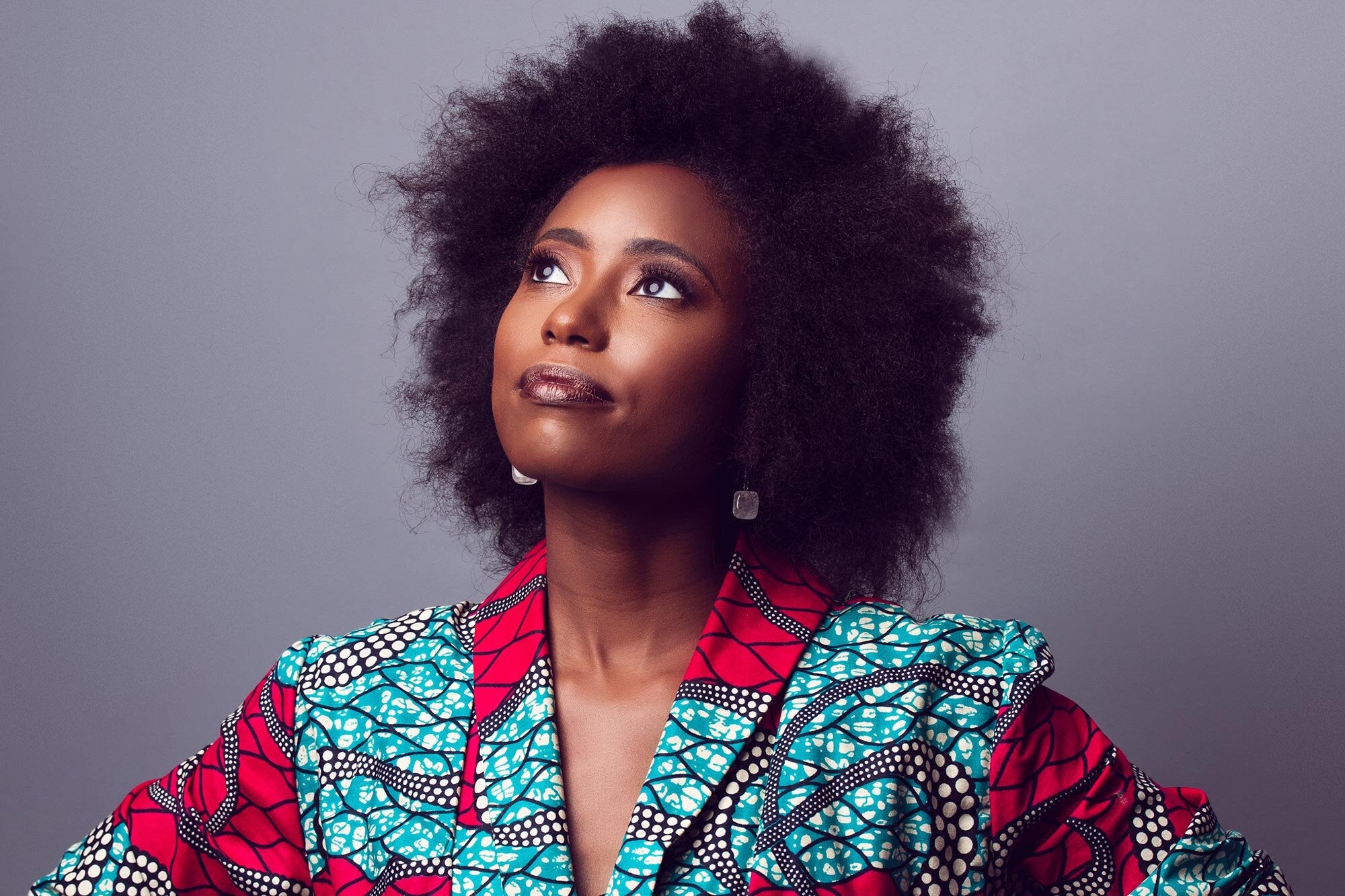
Author Bio:
Danté Stewart is a speaker and a writer whose work in the areas of race, religion, and politics has been featured on CNN and in The Washington Post, Christianity Today, Sojourners, The Witness: A Black Christian Collective, Comment, and elsewhere. He received his BA in sociology from Clemson University and is currently studying at the Candler School of Theology at Emory University in Atlanta, Georgia.
1. Your book, “Shoutin’ in the Fire”, evokes feelings of great black reads such as "A Fire Next Time" and "Between The World and Me”. How have authors, such as James Baldwin, inspired and influenced your worldview?
For me, traditions of black literature are central to how I name, see, perform, and what I embody in the world. In addition to Baldwin and Coates, I am also influenced deeply by Toni Morrison, Toni Cade Bambara, Katie Cannon, James Cone, as well as contemporary black writers and thinkers like Elizabeth Alexander, Terrion Williamson, Kevin Quashie, Kiese Laymon, Deesha Philyaw, Robert Jones Jr, Jesmyn Ward, Sarah Broom, Renita Weems, M. Shawn Copeland, and more.
They have influenced my writing first and foremost by teaching me how to take black life seriously. Our worlds or “worldmaking”, as Terrion Williamson writes, are as much a starting point for thinking about life as much as any other point.
They have also influenced how I think about telling black stories and embody my faith with creativity, care, and complexity in a compelling way. For we are human and our stories must be told in ways that neither make us heroes or villains but humans who are worthy of the deepest embrace, celebration, and responsible love.
Lastly, they have influenced how I approach the craft, plot, and structure of my text. I am a writer. I work in the worlds of texts, bodies, histories, words, and dreams. I need to be a part of a noticeable tradition and people should feel these writer’s spirits move and hover in and around my text.
2. Your book is also timely coming off of last year's police killing of Breonna Taylor and George Floyd, how did the events of 2020 affect your writing of this book?
These events affected so much of my book. I mean I started my book in the summer of 2020 and ended it in December. So many of the essays I wrote in the wake of the enduring and damning revelation of white supremacy were the beginnings of my reflection around the central question of my book: “how do I be Black and American and Christian?”
As a writer and a minister, I felt it necessary to not just treat the events of the last year as if they had no place in my faith or my own story. So much of what happened confused and angered and made me depressed in so many ways. So I had to write.
It began with the books that I was reading in my black literature class as well as the books I was reading in my theory class. Both of these classes had me wrestle deeply with what I wanted for myself, my family, black lives, the places we called home, and the world we imagined for our children.
They gave me language and a way to imagine possibilities. They forced me to find a way to live and move and have my being at the critical intersection of black text, theory, theology, and the oftentimes terrible estimation of our lives that many people have in this country. They forced me to wrestle with how those beliefs bring about pain not simply for the George Floyd’s of the world, but also the Breonna Taylor’s and Monika Diamond’s.
But on the flip side, I didn’t want to do as I had done in the past--simply respond to white racism and white violence and white hatred--I had wanted to tell a story, as June Jordan writes, that “I am black alive and looking back at you.” For we do not just die and suffer but we live and are alive and find love and create beauty and build things beyond the mayhem.
So 2020 affected me deeply in that it both shook me and shaped me and helped me do a better job at writing in ways that see us, heal us, set us free, and make us whole in ways that aren’t simply reducing our lives to a theology, construct, or that relegates what we deserve and are owed to some heavenly future where all is well. We live now and therefore, that living must be had in the fullness, as Jesus says.
3. Being that you are in Theology school, how has your faith and spiritual side aided how you navigate the world as a black man?
My faith has, from a child until today, been so central to what I embody in the world. Whether it was prayer meetings or church conventions or just simply the normal aspects of what it meant to live in the black rural South, faith was woven into each of those experiences. As I began to grow up, as I write about in my time at Clemson and beyond, I found myself closer to white people. Having finished college, I joined a white evangelical church and entered seminary to hopefully one day become a pastor--and not a pastor in a black church but a white one.
I wrote in my New York Times piece: “In my pursuit to be a better person and a better athlete and a better Christian, I viewed Black sermons and Black songs and Black buildings and Black shouting and Black loving with skepticism and white sermons and white songs and white buildings and white clapping with sacredness.”
That was the story: faith has been an often confusing and complex story in my life. It has turned me into the worst of us and it has also helped me find ways to embody the best of us. It wasn’t until I gave up the faith that I was so invested in, either from my black Pentecostal upbringings or my time in white evangelical spaces, that I found my humanity and my liberation.
I am reminded of James Baldwin’s words in Letter From A Region In My Mind. He left the church but the church never really left him. He walked away from the pulpit but the pen became his sermon. He critiqued white traditions of Christianity for their deep and deadly relationship with colonialism, white supremacy, and their own arrogant belief in their purity and centeredness in the world.
He critiqued black traditions of Christianity for our deep distrust and fear of blackness and the ways in which our passion for loving God was oftentimes a measure of how committed we were to power and control--especially over those who didn’t fit the mold.
This would declare him to say, “If the concept of God has any validity or any use, it can only be to make us larger, freer, and more loving. If God cannot do this, then it is time we got rid of Him.” That’s how my faith has aided me: helping me become larger, freer, and more loving of my blackness, all black people, and the world in which all of humanity desires to live in as free creatures.
4. What was it like to be a black pastor, in a predominantly white evangelical church, in the South in 2016 when civil uprising was going on with events such as Charleston and in the NFL with Colin Kaepernick?
Just a minor correction, I wasn’t a pastor in that space and thank God I wasn’t. I think because I wasn’t a pastor in that space that I was able to walk away the way I did even though I was preaching, teaching, and leading in that space in many ways. I’m actually thankful that they didn’t bring me on staff when they were going to.
I joked with my wife the other day that I thank God that sometimes the things that I really wanted didn’t come through. I can’t imagine where or who I would have been had I actually become either what they or myself wanted for me at that moment.
Now to your question. I want to be clear, I wasn’t necessarily moved at that time to think deeply or critically about what it meant to be black in America. Of course, I knew what that meant but so much of my understanding of blackness and American and Christianity was indexed by my proximity to whiteness and white theology and white ways of being in the world.
So in 2016, things began to shake up for me, but more than that, it was just a confusing time as I came face to face with what was really happening to us as black people, what my wife saw that I had become, and the ways in which I was still holding on to white affirmation, white protection, and the rewards white people give black men for performing for their comfort.
So that moment represented both a catalytic time but also a very confusing time. In many ways, the same apathy that I had experienced of white people when I began to change--or as Toni Morrison writes, learn to “grow up black one more time.” -- was the same apathy I showed my wife when she needed me most in these moments.
That is hard and that is something I have to live with and try to grow from, even until this day. My story is not a hero story. It is a slow and agonizing story of how I got free and how that freedom led to many wounds that I still carry and many regrets and many lessons.
But I did learn, thank God. When I began to change, the way I talked, thought, and moved was different. I couldn’t stay in white churches or invest in white theology. I, as theologian James Cone writes, had to find ways that made my theology accountable to God and to black people and to what I had become in the process of getting there.
That journey is still happening until this very moment and will happen until my soul rests with the Lord and the ancestors. That moment was hard and I’m glad I won’t have to go through what it meant to be around so many callous white folk and what it meant to give them justification and ammunition to use against us.
Yet, that moment taught me something about what it meant to be black, what it meant to resist, what it meant to have courage, what it meant to mature, what it meant to get free, and what it meant to love even when it seems that every step of that journey fails to give me or others what we sometimes most desired.
5. Also, how were you able to balance being in school full-time and writing a book? What advice do you have for students looking to write a book?
This is such a great question and one I’m asked a lot. In many ways, I’m very disciplined as a person and when I need to get things done, even if it’s crunch time, I can get them done. I’m not a very good thinker or creative person when I have a lot of free space in my schedule, so I need my schedule accounted for and as tight as possible so that I know what’s coming and I have times where my mind is fully engaged during my biological primetime, as some call it.
The book that has been most helpful in this is James Clear’s Atomic Habits. That book changed my life. The question that lingered with me in the book and that I ask myself every single morning: what is the person that I want to become going to accomplish today to get 1% better? It was this question that really helped me integrate all of my roles in a system that allowed me to get as much as I could get done in any given day without being overwhelmed by tasks or losing my ability to be flexible as life happens.
So on any given day (you can ask me any day of the year and I can tell you what I did that day) I write that question down as well as my identity as a someone who is and wants to be healthy/fit, husband/father, writer, pastor/leader, and student/scholar. Then I write the three things that person would have done at the end of the day to simply get 1% better. Then I weave those things into my planner as I plan the hours of my day (my daily planner only goes from 6a. to 6p.).
Then I get to work and whatever I don’t get done on that day, I shift it and adjust it to the next day so that hopefully by the end of the week I get more done than I could have expected. I don’t beat myself up about it as well. I love it. I enjoy it. It’s woven into the very fabric of my being. So I just let it happen and whatever happens, I let it ride.
The advice I would give to students looking to write a book is make sure that you get James’s and make sure that you are working to sharpen your craft. You can’t expect to play in the game and play well if you don’t show up to practice and help yourself get put in the best position.
I approach writing much like I approached football, but without the terrible ways we learned how to distrust one another, tear each other down, and scheme our ways into “greatness”. I love writing, so I try and get better at it. I show up to each writing session with a goal in mind or something that I’m trying to imitate.
So yesterday I wrote an essay based on and in imitation of a chapter in Deesha Philyaw’s The Secret Lives of Church Ladies. Then a few weeks ago I wrote a short story called Cheap Cologne based on my reading of Kiese’s Long Division and Maurice Ruffin’s The Ones Who Don’t Say They Love You.
So like I’m always trying to get better at it. After I finish my writing session, which is usually 15-30 mins after having read for 10-15 mins to get inspired, then I’ll send it to friends to read or, like I did yesterday, call Robert to read it to him or my friend Jacobee.
So all this is to say: much of my life and writing is guided by a system that helps me become aware of my limitations and achieve my potential. This is a team endeavor.
My wife and my friends read what I write--and sometimes do not read because I be trying to get them to read too much and they don’t be feeling it in that moment. Whoever I am and whatever I am is a reflection of my team and the many voices who help me on this journey. So young writers: find your system, find the voices, find your team, and get to work.
6. How did going to school in the South, shape your view of racism in this country?
I was an athlete in college and therefore, I was cut off from so much that was happening in the country, as well as, being a walk-on made me have to calculate how I moved so that I didn’t lose what was already on unstable ground. Thankfully my wife, who was my girlfriend at the time, opened my eyes to an experience that was beyond being a black student athlete at Clemson. There is the black experience on a college campus and there is the black student athlete experience and then there is the black student athlete who plays football experience.
These experiences, though sharing blackness, represent some of the widest possible differences in white social spaces, particularly those spaces around institutions of education and sports. So for me, I didn’t necessarily think about racism because I was so protected by my jersey, life in and around the stadium, and the world white folk built for us football players on our campus that cut us off as much as possible from the larger demographic of young black people there.
Trayvon was murdered when I was in college, of which I write about in the book, and my teammates took a picture in black hoodies and in solidarity with Trayvon. I didn’t join them. I had too much to lose and I had learned well to cut off that part of myself and just learn how to show up to class, to the weightroom, to the field, to home, and back to class again.
That’s the thing about so many of us black football players at white schools of which I write: “Many young Black athletes like me left home and quickly found ourselves around white Christians because they were the ones who had greatest access to us.
Between Bible studies and church outings, our worlds became white, our Jesus became a blond-haired and blue-eyed savior.” This was my story and this began my own callousness toward blackness and the ways in which we suffered in the world. But then on the other hand, it is a reflection of the ways so many of us from the black rural South inherit the script that we must “leave.”
We must not come back home or in the words of my big brother, “ain’t nothing here for you.” I mean when we think about it, who told us that? Why isn’t there “nothing” back home for us? Of course the world is big and vast and beautiful but so is home and what home could mean to any one of us. So like me and so many young athletes, we escape into white campuses in hopes that whatever was meant by “ain’t nothing back home” would be found out.
So, I guess what I’m trying to say is that so much of my view about racism was shaped by assimilation and escape and just trying to make it in the world as much as possible in ways that people back home felt locked up in.
7. Black women, justifiably, get a lot of credit for building confident black men, Who are some important black women in your life, and how have they shaped your worldview?
That’s real and that’s why I wanted the black women in my text to have both autonomy and agency. I wanted people to be able to read my text and not walk away disappointed that my story embodied the same type of masculinist addiction to patriarchy and male power. Black women have shaped and continue to shape me and the way that I think about myself in the world. Of course, this first and foremost starts off with my wife. I would not be who I am or where I am or what I am had she not loved me and challenged me and corrected me and been patient with me.
Then I have to say my mother and my grandmother, both of whom play large parts in my own story. As I wrote the book, I wanted to figure out how to theorize and converse with black text and the lives of the black women, men, and children who shaped how I thought about the world. So I knew I needed to tell the story of my wife and my mother and my grandmother and the ways their lives represent so much of what I want to become in the world.
Then I got to give love to black women who are my friends who were sisters to me and introduced me to M. Shawn Copeland, Renita Weems, Kelly Brown Douglas, Emilie Townes, as well as Nikki Giovanni, Toni Morrison, Toni Cade Bambara, Anna Julia Cooper, Ida B. Wells, and more. I’m so deeply shaped by womanist and black feminist theorizing and theology. The years that I’ve been growing and learning, especially about the ways they think about healing, wholeness, and liberation, have made me a much more healthy person and honest person.
8. As a black man, what does freedom look like to you?
Freedom looks like us black men being able to hold the tension of our complexity, embracing our bodies and beauty, and us being able to be whole and healthy human beings who mature our ideas of power, masculinity, and relationship. So much of the ways we learn how to be boys and men are so rooted in patriarchal notions of the god-givenness of cis-hetero centeredness and power. I think freedom looks much like us black men, as myself and others, being willing to tell our stories and learn better ways of embracing and accepting and loving others.
I believe freedom is found in being who we are and learning better ways of being who we are by seeing ourselves through our own eyes and the eyes of others. I think we can become, as Dr. Mark Anthony Neal calls it, a “new black man.” This will come when we commit to being as healed and whole and responsible and healthy and loving as we possibly can of ourselves and others.
9. Overall, what do you hope readers get from your book?
I hope readers first and foremost get that I wrote a good book. I worked very hard at the craft of the text and tried to write as a creative book as possible. I care deeply about this because I come from a tradition of the best of black writing and I want many of my inspirations in that tradition to look at my work and affirm the type of care they know that centers us and loves us. I think another hope is that readers would see that black life is not just about resistance but so much more beautiful and complex than often told.
I didn’t want to write a triumphant book but an honest and vulnerable book that told better stories about our lives. That’s the hope: I want people to see us as human, beautiful, and complex. I want us as people to ask better questions of ourselves and, as Toni Morrison says, “ponder the actual, imagine the possible.” This is a work of theology, a work of theory, a memoir, a manifesto, a deep, deep wrestling with what it means to be black and alive and American and Christian and healed and whole. I want people to feel that, embrace it, and find out all the possibilities those identities and experiences hold out for us.
10. What does an ideal writing environment look like for you?
In my office with Max Richter “The Exhibition” playing in the background, my candle lit, my desk lamp and lamp in my corner on, and me in some sweats. I have to have my coffee as well. I want to be comfortable and engaged. It’s time to have fun and lock in.
11. What's your best advice for getting over writer's block?
Show up, read for 10 mins, write for 15 mins, and go enjoy your day. Do it as much and as free as you can.
12. What's the best book you have read so far this year?
The Prophets by Robert Jones Jr.
13. Do you plan on writing more books in the future?
Yes. I plan on writing today and one day that writing will become something larger and beautiful.
Places To Find More From This Author:
Instagram: @stewartdantec
Twitter: @stewartdantec
Facebook: @dantecstewart
Website: www.dantecstewart.com
Get Your Copy of Shoutin' in the Fire: An American Epistle Today!


